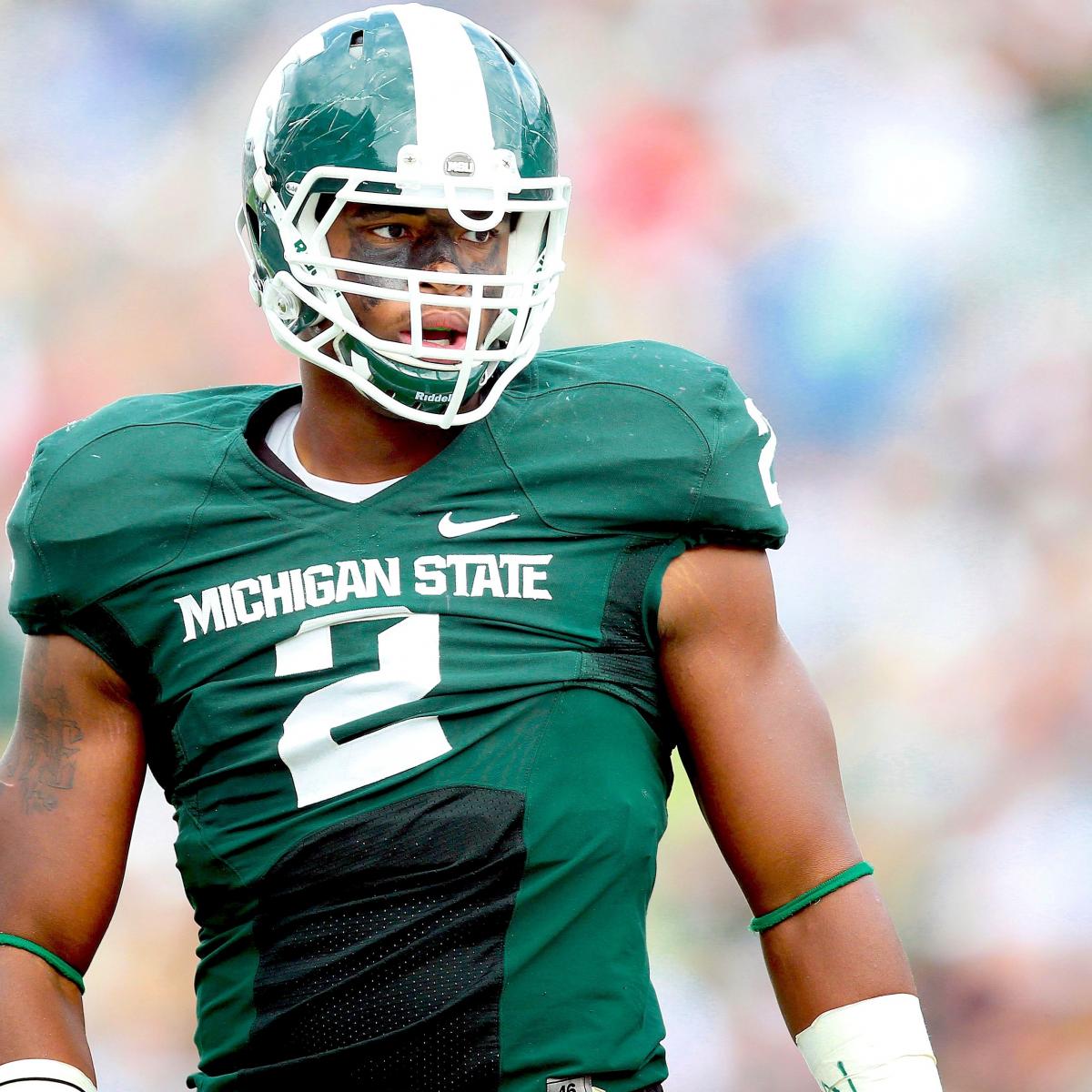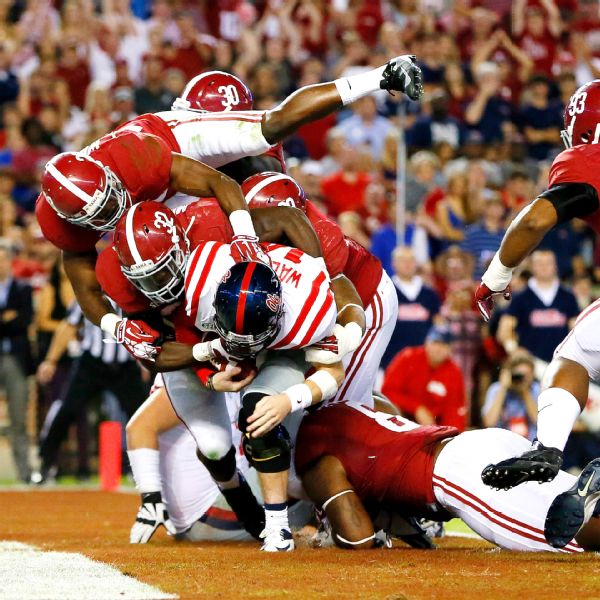Introduction:
College football has become one of the most beloved sports in the United States, captivating millions of fans with its excitement, strategy, and unpredictability. But one question that often arises among fans is, how long is a college football game? While the answer might seem straightforward, several factors contribute to the actual duration of a college football game, making it a topic worth exploring in detail.
Understanding the Game Duration
When fans discuss the length of a college football game, they often refer to the time displayed on the clock. A regulation college football game consists of four quarters, each lasting 15 minutes. Hence, the game clock, in theory, would total 60 minutes of playtime. However, this metric does not provide a complete picture of how long a college football game actually lasts, primarily due to stoppages and other elements that extend the overall experience.
Game Structure
As mentioned, a college football game comprises four quarters:
- First Quarter – 15 minutes
- Second Quarter – 15 minutes
- Third Quarter – 15 minutes
- Fourth Quarter – 15 minutes
In addition to the four quarters, games are separated by halftime, which typically lasts about 15 minutes. Other stoppages occur for injuries, timeouts, penalties, and when a team scores. With all these factors combined, the total duration of a college football game extends far beyond the allotted 60 minutes.
Halftime and Breaks
The halftime period is notable for its entertainment, featuring marching bands, cheerleaders, and various festivities that enhance the overall experience for spectators. While the halftime show is entertaining, it isn’t factored into the 60 minutes of play; thus, another chunk of time is added to the game.
Timeouts and Stoppages
Each team is allowed to call three timeouts per half. Timeouts serve various purposes, from providing strategic breaks for the coach to appeal to a referee’s decision. Furthermore, certain game stoppages, such as injuries or penalties, can account for a significant amount of time.
Consequently, while the clock may not reflect it, these interruptions contribute considerably to the total duration of the game.
Average Game Duration
So, with all these stoppages and intermissions considered, how long does a college football game actually last? On average, most college football games take about 3 to 3.5 hours to complete. While some games might be shorter, others could extend to over four hours, especially if they involve many stoppages or go into overtime.
Factors Influencing Duration
Several factors play a crucial role in determining the overall length of a college football game:
1. Scoring Frequency
Higher-scoring games can often elongate durations. When teams score frequently, they not only take time for the action to unfold on the field but also necessitate additional breaks for kickoffs and celebrations.
2. Overtime Rules
College football’s overtime rules add a unique twist in case of a tie, further extending the game duration. College football rules state that both teams will have an opportunity to score starting from the opponent’s 25-yard line. This can stretch the game significantly, especially if multiple overtimes occur.
3. Timeout Usage
Teams with strategic game plans may utilize their timeouts strategically, which can halt the game clock and prolong its duration. As mentioned earlier, each team is allowed three timeouts per half, but they can also get additional timeouts in specific situations, like injury timeouts.
4. Injury Timeouts
Injury timeouts can also add several minutes to the game length. Medical staff must assess players on the field, delaying the game. While injuries are unfortunate aspects of football, the reality is that they are often a part of gameplay.
5. Television Timeouts
In the era of high-visibility broadcasts, TV networks factor heavily into the overall game experience. These timeouts for commercials can significantly lengthen a game, particularly in high-stakes matchups.
Impact of Game Day Rituals
When thinking about how long a college football game lasts, it’s essential to consider the rituals and traditions surrounding game days that also contribute to the atmosphere and experience.
Pre-Game Festivities
Many colleges host tailgating events, where fans gather for food, drinks, and festivities before kickoff. The pre-game celebrations can last anywhere from a few hours to a whole day, depending on the enthusiasm of the fans.
Band Performances and Cheerleader Displays
Before the game starts, marching bands and cheerleaders often put on impressive performances that enhance the excitement and anticipation among fans. These performances are entirely independent of the game clock but contribute to the overall time spent at the venue.
Post-Game Revelries
After the game, fans often linger to celebrate their team’s victory or soak up the aftermath of a loss. These post-game gatherings can perpetuate the festive atmosphere long after the scoreboard dictates the end of the action.
The Experience Beyond Time
While it’s essential to know how long a college football game is, the experience surrounding the game often transcends mere time. The camaraderie, excitement, and intense competition create an electrifying atmosphere that, for many fans, is priceless.
Fan Engagement
College football relies heavily on fan engagement, which contributes to the sport’s vibrant culture. Engaged fans who understand the intricacies of the game often enhance the atmosphere at stadiums. The shouts, cheers, and collective suspense during critical moments in games create a shared experience that’s often just as important as the duration of the game.
Rivalries and Traditions
Many college football games are steeped in tradition, with fierce rivalries that date back generations. The history surrounding these games transforms them into significant events that can attract tens of thousands of fans. When fans are involved in long-standing traditions, their investment in the game goes well beyond the time shown on the clock.
 Adjustments to Game Dynamics
Adjustments to Game Dynamics
With recent trends toward increased scoring and offensive strategies, many college football teams have adopted aggressive playstyles that can influence the game’s pace and consequently its duration.
Quick Offenses
One noteworthy trend is the rise of hurry-up offenses. These offenses aim to run plays more quickly, reducing the time teams possess the ball. While this strategy can lead to more scoring opportunities, it can also challenge traditional time dynamics, causing games to either speed up or become more elongated with increased stops.
The Role of Analytics
In the current landscape, analytics have found their way into football strategies. Coaches and teams now study data to make informed decisions on playcalling, time management, and player usage. Enhanced analytical approaches can change how games unfold and affect overall time spent on the field.
Concluding Thoughts on how long is college football game
In summary, understanding how long a college football game lasts requires considering a multitude of factors beyond the basic structure of four quarters and a halftime show. While the theoretical clock runs for a total of 60 minutes, actual game durations generally extend to about 3 to 3.5 hours. However, depending on various elements such as scoring frequency, timeouts, injuries, and the impact of television broadcasters, a single game can last even longer.
The college football experience encompasses much more than just the game itself. It is a ritual that includes pre-game festivities, halftime shows, fan engagement, and post-game celebrations, all of which contribute to a vibrant and unforgettable atmosphere. Ultimately, whether for the thrill of the sport or the joy of community, fans find that the time spent in the world of college football is well worth it—regardless of how long the game lasts.

